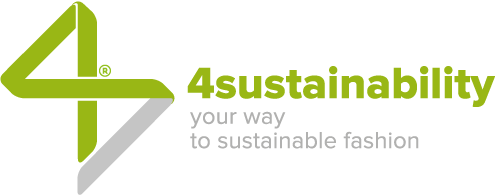On the 30th of March 2022 the European Commission presented a package to promote circular business models and empower consumer towards a green deal. Inside an ad hoc strategy for the textile sector that is under close scrutiny given its enormous environmental and social impact. The aims of the EU package include making products more durable, repairable and recyclable, overcoming the model based on the anachronistic logic of take-make-waste, guaranteeing ethical production chains, avoiding the destruction of unsold items and fighting greenwashing…
The background
Taking a step back, it should be pointed out how the package of proposals is part of the Circular economy action plan. Adopted in March 2020, the Plan is one of the pillars of the Green Deal, the European Agenda for sustainable growth which aims to equip the European Union with an efficient and competitive economy in terms of resources, by guaranteeing in particular zero net greenhouse gas emissions by 2050, development dissociated from the indiscriminate use of resources and taking care of the needs of all people and the planet without geographical distinctions.
The EU package
Let’s try and summarise the most interesting proposals contained in the package presented in March by the European Commission.
Eco-design
It is now well-established: if a product is designed with criteria and attention to ethics (environmental and social) it will have a significantly less negative impact throughout its life cycle. It is estimated in fact that designing an item of clothing affects up to 80% of its impact. For this reason the European Commission has undertaken to define mandatory eco-design requirements aimed at extending the life of products, improving safety requirements and making them easier to maintain, repair, reuse and recycle… In short, to ensure that they are the result of more efficient processes in terms of energy and the resources used.
Greenwashing
The European Commission has structured its actions to counteract greenwashing and social washing, widespread practices of misleading communications that consist in bragging about sustainability strategies without actually putting them into practice in order to improve image and reputation. The package identifies specific information requirements to help consumers understand the environmental impact of what they buy.
On this theme it would be worthwhile to make a comment by raising an exception of no small consequence. Why is there so much talk about the sustainability of individual products and little if anything about the sustainability of the processes that produce these products? It is evidently easier to invest in a single green collection and to affirm afterwards that your company is sustainable. Too bad that real sustainability is not made up of spot initiatives, but of a wide-ranging strategy that affects the entire organization across the board and often requires a radical transformation of the business model.
Digital passport
The theme is traceability, a key objective that the European Commission intends to pursue by equipping every product with a digital passport. Its purpose is purely to facilitate the different links in the supply chain – manufacturers, importers, distributors, retailers, repairers, regenerators and recyclers – in accessing useful information to improve their environmental performance, extend product life, increase efficiency and the use of secondary raw materials by therefore reducing the need for primary natural resources, saving costs and limiting strategic dependencies.
Fast fashion slow down
By 2030 textile products launched on the European Union market must be made as much as possible with recycled fibres and in compliance with environmental and social rights. Clothing items will have to be durable, safe and reusable… Which will require companies to reduce the number of annual collections on one hand and member states to support the transition with tax breaks for those involved in reuse and repair on the other.
To strengthen the principle – because it would be naïve to set new rules and think that people would respect them in a disciplined way – the European Commission is also working on a surveillance system to check the conformity of products imported with EU requirements.
End of life management
The European Union package could not be without a chapter dedicated to textile waste and the related responsibilities of producers who will have to take care of its correct disposal by minimising the use of incinerators and landfills. Measures will be introduced to prevent and stop the destruction of unsold consumer goods, by providing for transparency and communication obligations for large companies and banning the destruction of certain products.
The legislator and teamwork
“We always welcome initiatives from the legislator on matters relating to sustainability, especially if, as in this case, it engages many different countries with a single, structured package of coherent measures. There is a great deal of voluntary action on the subject of sustainability – observed Francesca Rulli, CEO of Process Factory and creator of 4sustainability® – which, on the one hand is an important sign of the maturity of the system, and on the other it also tells us how necessary the intervention of the legislator is to align standards by clarifying and taking back possession of a role that up to now so far brands, companies and NGOs have played… Legal procedures unfortunately are extremely long that the planet can no longer afford, let alone the market. It is therefore necessary to stay one step ahead by involving all those involved in the change so their efforts convergence towards a common goal: on one side the production chain that the 4sustainability® framework aims to support by implementing sustainability projects and measuring the relative performance; on the other consumers who must be properly informed and empowered to choose responsibly so as to urge brands (and the legislator) to strengthen their action over time”.
In short, teamwork is necessary. The online consultation set up by the European Commission to collect the contribution of the various stakeholders in the sector and build a shared transition path as much as possible seems to correspond exactly with this spirit. Participation is open until the 15th of May.

